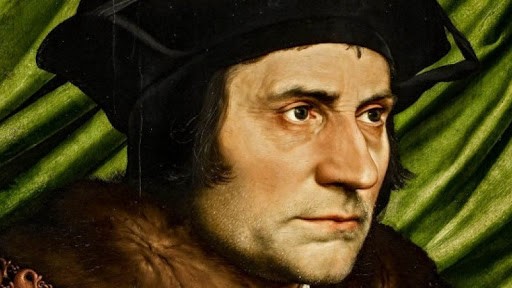Rev José Mario O Mandía
jmom.honlam.org
Church and state have their respective fields of competence and enjoy autonomy with respect to each other. The autonomy of the state with respect to ecclesiastical laws is called “secularity.”
Secularity avoids two extremes: (1) the imposition of a moral theory by the State, and on the other (2) the rejection of moral and spiritual values (secularism).
(1) The first extreme wants the state to regulate the moral behavior of its citizens. This way of thinking often leads to totalitarianism or, at least, tends towards authoritarianism.
To this erroneous tendency, we must say that it is not the role of the state to decide good and evil, or to govern consciences. Its obligation is to seek and promote the common good. In order to do so, however, it has to enact laws which are in consonance with the Natural Law.
(2) Secularism, on the other hand, says that (a) the state should reject or at least stay neutral with respect to moral issues and (b) religion should be restricted to the purely private sphere. It forgets that the state has to seek and promote the common good, that it has to favor the behavior of its citizens according to ethical principles because these principles are essential for the integral development of man. If the State stays neutral, it cannot help achieve the integral development of its citizens.
Pope Benedict XVI spoke about secularism when he expressed his “concern at the increasing marginalization of religion, particularly of Christianity, that is taking place in some quarters, even in nations which place a great emphasis on tolerance. There are those who would advocate that the voice of religion be silenced, or at least relegated to the purely private sphere. There are those who argue that the public celebration of festivals such as Christmas should be discouraged, in the questionable belief that it might somehow offend those of other religions or none. And there are those who argue – paradoxically with the intention of eliminating discrimination – that Christians in public roles should be required at times to act against their conscience. These are worrying signs of a failure to appreciate not only the rights of believers to freedom of conscience and freedom of religion, but also the legitimate role of religion in the public square” (Apostolic Journey to the United Kingdom, 17 September 2010).
It is both naive and unjust to ask believers to act in politics “as if God did not exist.”
It is naive, because everyone acts on the basis of his cultural convictions (religious, philosophical, political, and so on), whether they come from religious faith or not. They are, therefore, convictions that necessarily affect the social behavior of citizens.
It is unjust because non-Catholics are given the right to make use of their own beliefs, irrespective of where those beliefs come from. Catholics should be entitled to the same right.
“Should citizens whose moral judgments are informed by their religious beliefs be less welcome to express their most deeply held convictions? When that happens, is not democracy itself emptied of real meaning? Should not genuine pluralism imply that firmly held convictions can be expressed in vigorous and respectful public dialogue? The Church readily encourages such a dialogue, which she knows will be most useful and productive as long as it is open to objective truth which can be reached and adhered to, and is not conditioned by a preconceived ‘areligious’ and ‘moral’ view of the human person and of human community” (John Paul II, Address, 7 December 1995).
(Image: St Thomas More, “the king’s faithful servant, but God’s first”)


 Follow
Follow


